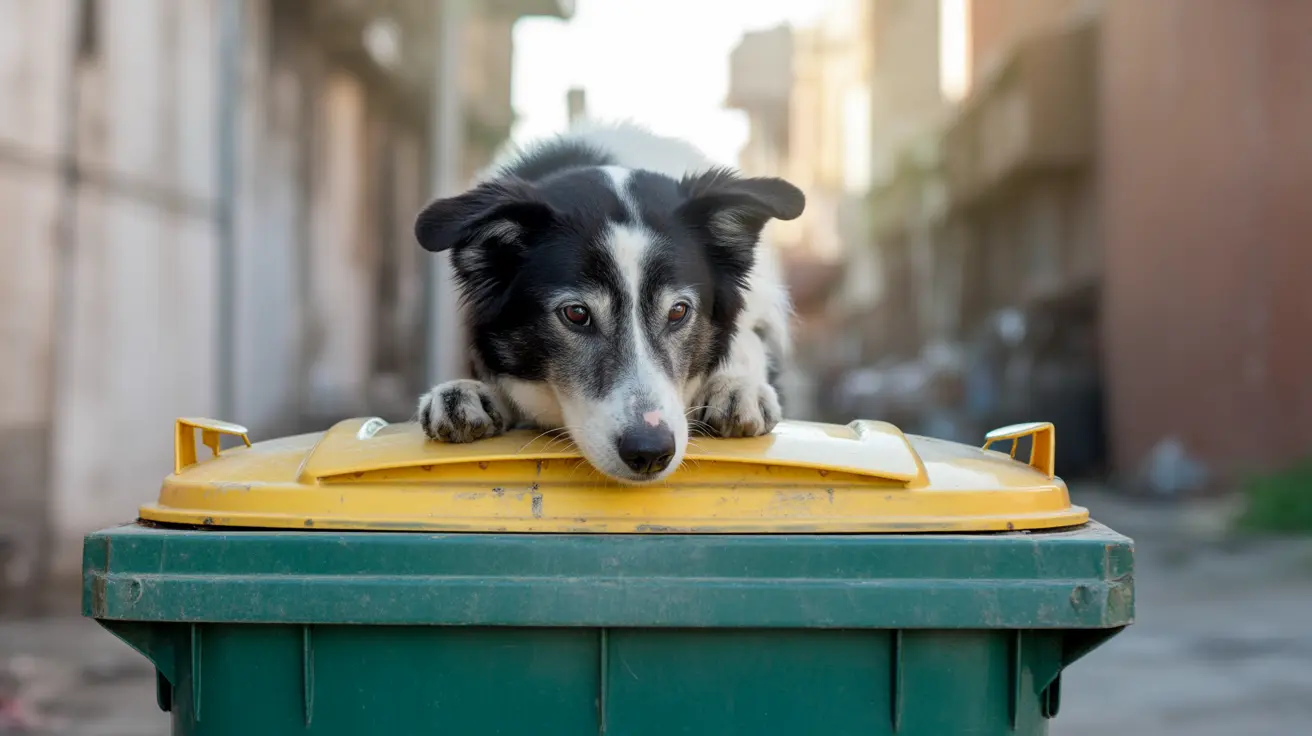The Most Unhealthy Foods for Dogs: What to Avoid
Dogs require a balanced, species-appropriate diet tailored to their age, size, and health needs. While Hill’s Science Diet provides high-quality, targeted nutrition for every life stage and condition, it's crucial for pet owners to be aware of foods that can be hazardous to their furry friends. In this article, we explore the most unhealthy foods for dogs and explain why they should be avoided.
1. Toxic Foods
Some foods are outright toxic for dogs—even in small amounts. These should never be given to dogs under any circumstance:
- Chocolate: Contains theobromine, which is poisonous to dogs.
- Grapes and Raisins: Even small amounts can cause kidney failure in dogs.
- Onions and Garlic: These can damage red blood cells, potentially leading to anemia.
- Alcohol: Can cause severe reactions including vomiting, diarrhea, difficulty breathing, and even death.
2. High-Fat and Fried Foods
Foods with excessive fat can lead to obesity, pancreatitis, and other metabolic issues in dogs.
- Fried chicken, french fries, and bacon: These human favorites are far too rich for dogs’ digestive systems.
- Fat trimmings from meat: Even small amounts can lead to inflammatory conditions like pancreatitis.
3. Sugary Snacks and Baked Goods
Dogs don't need sugar, and consuming sweets can quickly lead to obesity, dental problems, and even diabetes:
- Candies and pastries: Especially those containing xylitol, an artificial sweetener that is extremely toxic to dogs.
- Ice cream and sugary cereals: High in sugar content, offering no nutritional benefit to your pet.
4. Salty Snacks
Sodium toxicity in dogs can result from excessive salt intake and cause thirst, urination issues, or even vomiting and seizures in extreme cases.
- Chips, pretzels, and salted popcorn: These should be kept out of reach.
- Processed deli meats: High in salt and fat, which are both unhealthy for dogs over time.
5. Uncooked Yeast Dough
When ingested, yeast dough can rise in a dog’s stomach, potentially causing bloating or even rupture in the gastrointestinal tract, which is life-threatening.
6. Leftovers and Bones
Many people think scraps from the dinner table are suitable for dogs. However, bones and leftovers often contain harmful spices or ingredients like onion, garlic, or salt.
- Cooked bones: These can splinter and cause blockages or tears in the intestines.
- Spicy or seasoned foods: These can irritate a dog’s digestive system.
Better Alternatives: Science-Based Nutrition
Instead of human food, dogs thrive on specially formulated diets like those from Hill's Science Diet. These diets are developed with:
- High-quality protein for strong, lean muscles
- Balanced fiber and prebiotics for optimal digestion
- Life-stage appropriate formulations for puppies, adults, and seniors
- Special needs formulas – including weight management, skin and coat care, joint health, and dental support
Safe Treats and Supplements
Hill’s also provides safe treat options like Soft-Baked Naturals and Natural Jerky Strips, specifically formulated to complement their diets. These are made without toxic ingredients and provide health benefits without adding excessive calories.
Conclusion
Knowing what not to feed your dog is just as important as knowing what to feed. Avoiding the most unhealthy foods for dogs—such as sugary, salty, fatty, or toxic substances—can protect your pet from various health complications. Stick with trusted, scientifically backed foods like those from Hill’s Science Diet to ensure your dog lives a long, happy, and healthy life.





